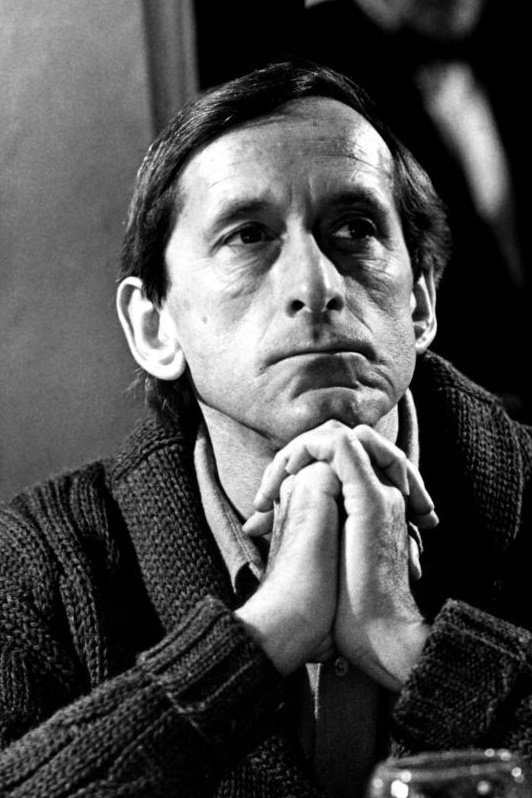
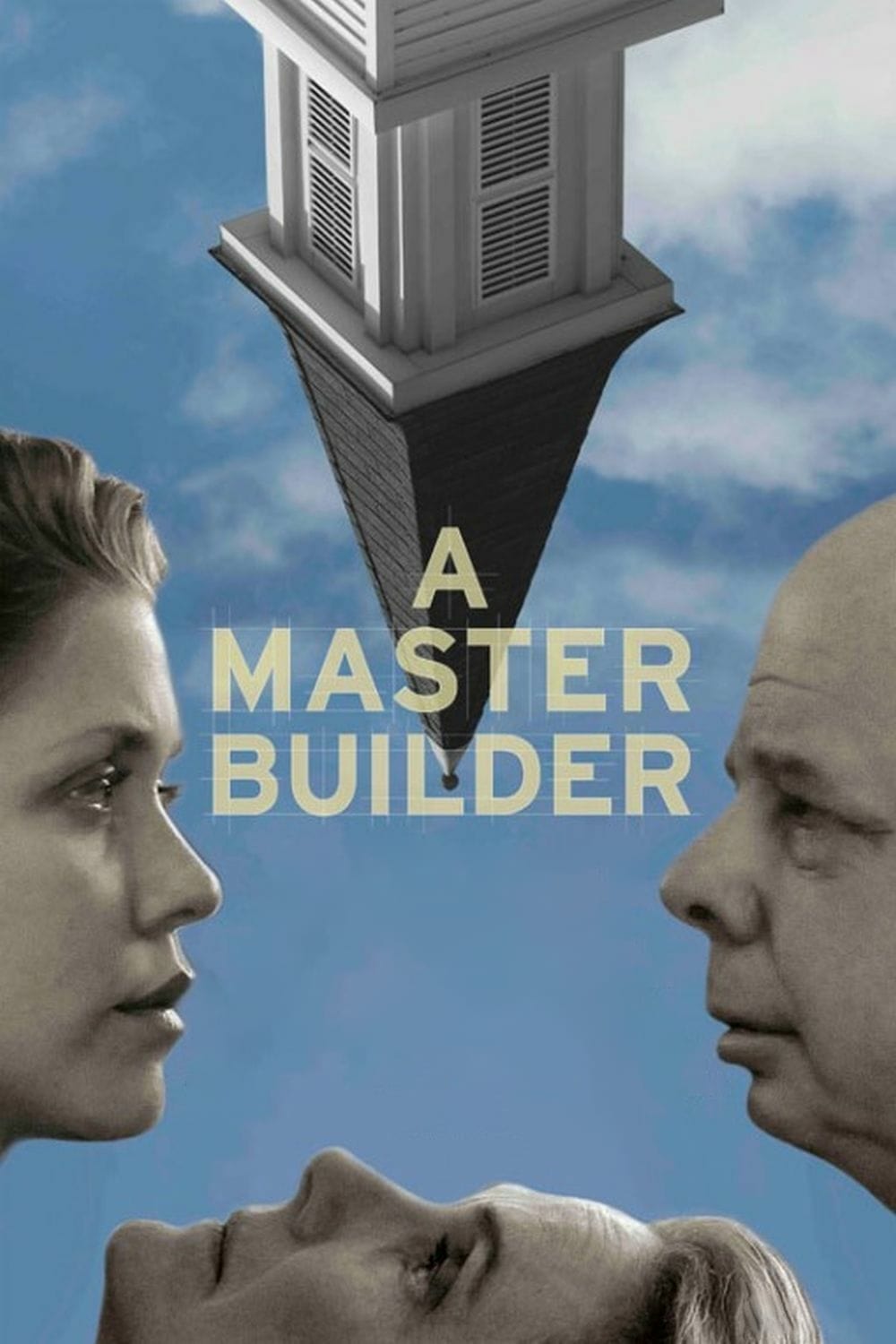
A successful, ego-maniacal architect who has spent a lifetime bullying his wife, employees and mistresses wants to make peace as his life approaches its final act.
BEFORE AND AFTER DINNER is an exploration of the life and work of Andre Gregory, groundbreaking director, actor, artist, and raconteur, filmed by prize-winning documentarian Cindy Kleine, his wife. Through her close-up lens, Cindy introduces us to this cultural icon and master storyteller, and tells the unusual story of a good marriage that thrives in collaboration, art, and humor, celebrating the great vitality of the later years in life. The film touches on universal questions. Where does art come from? What experiences shape the life, the preoccupations, and the work of an artist? Drawing on the work Andre has created over a lifetime, and exploring the nature of the life that underlies the work, BEFORE AND AFTER DINNER is about how and why artists create.
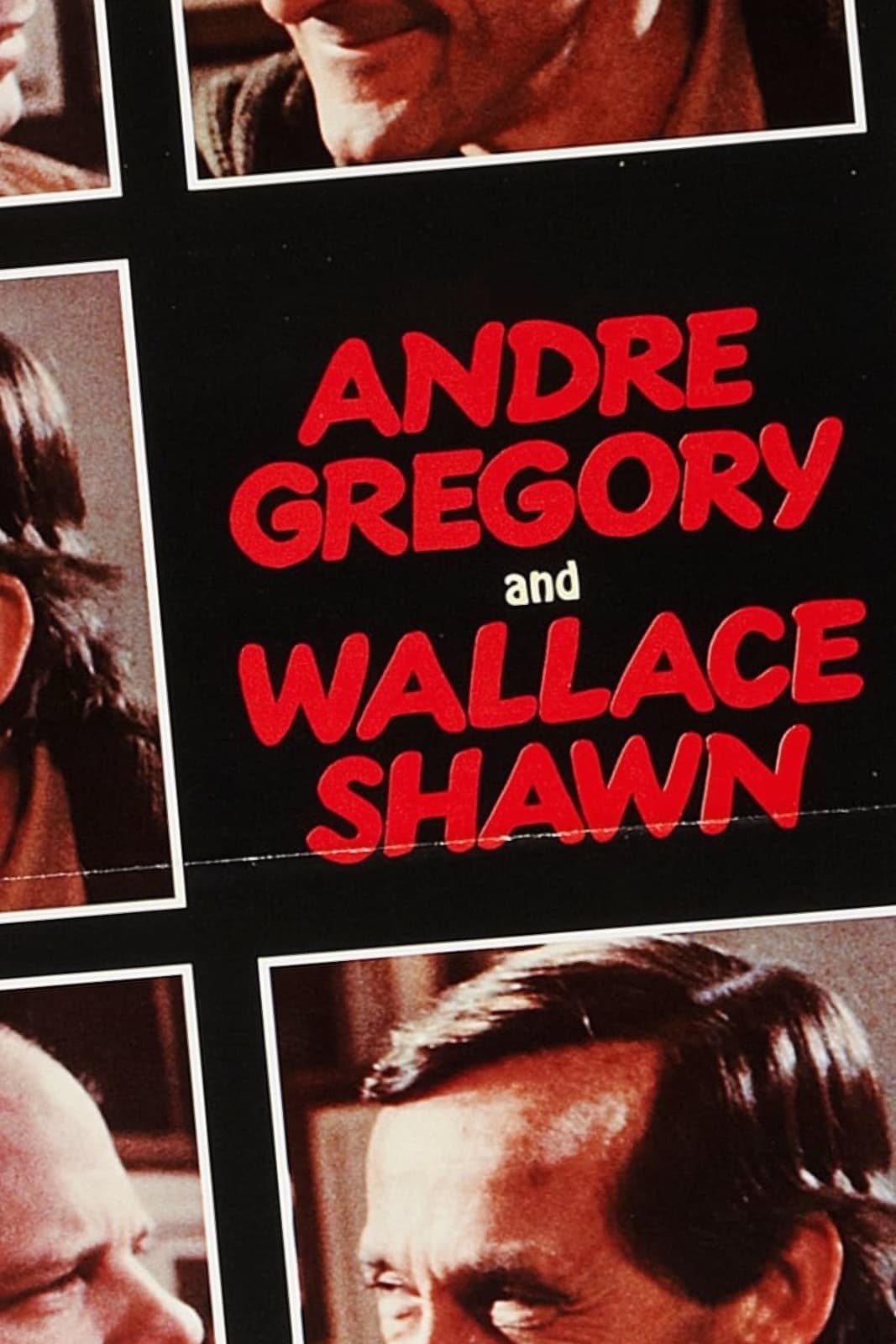
In this hour-long piece, recorded in 2009, filmmaker Noah Baumbach talks with his friends the writer-actors André Gregory and Wallace Shawn about their experiences making My Dinner with Andre. Baumbach speaks first with Gregory, and then with Shawn.
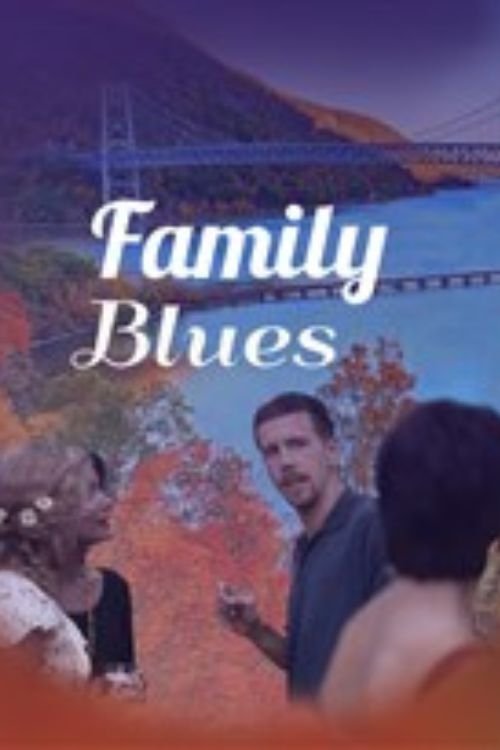
Hoping to help their marriage, a Manhattan lawyer (Rya Kihlstedt) brings her burned-out husband (Robert Stanton) to her mother's home upstate.
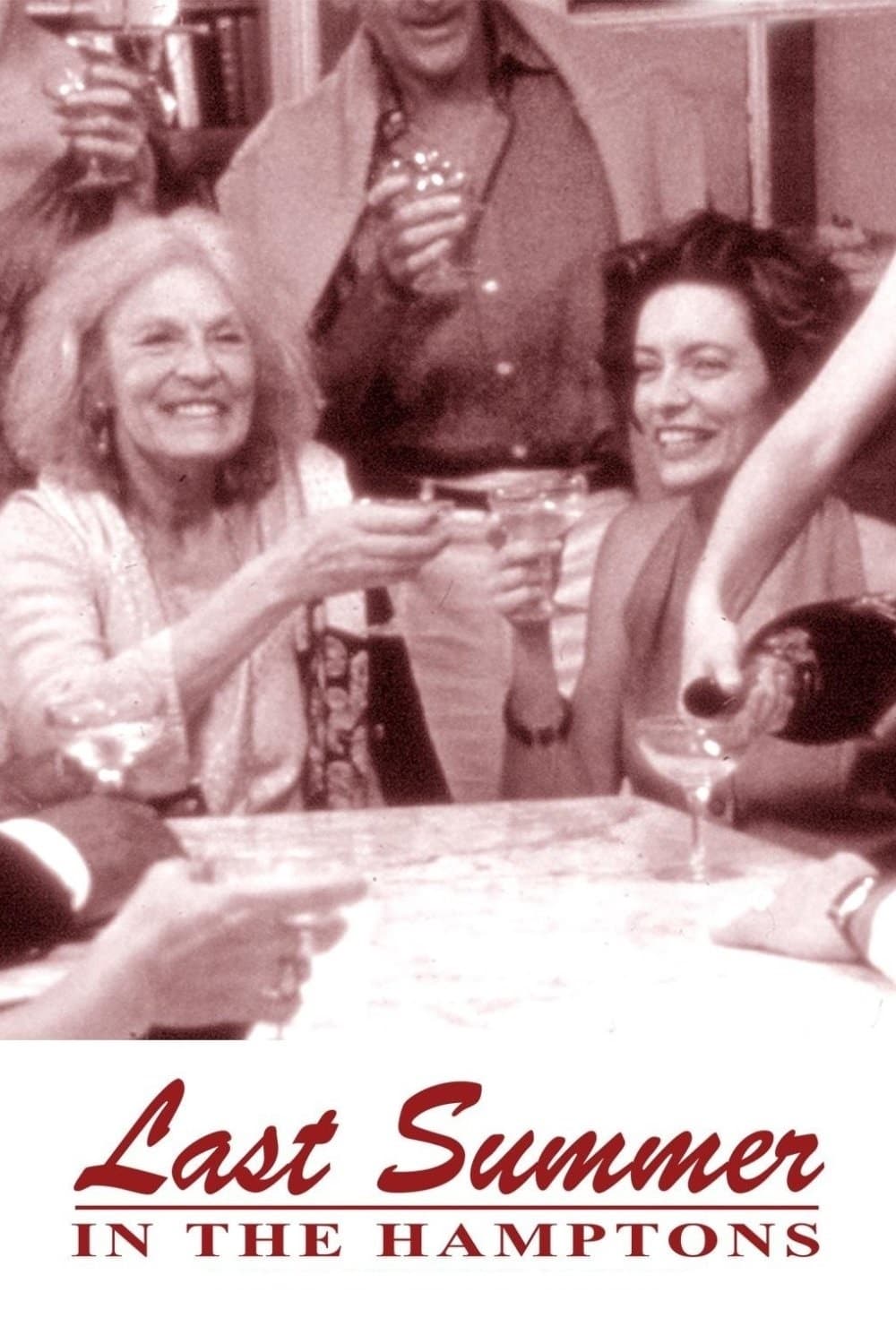
Helena Mora, the head of an eccentric theatrical family, has decided to sell her large estate in the Hamptons because of her recent money troubles. Before she completes the sale, she wants to have one last gathering of family and friends, with dramatic performances. Bringing everyone together, though, creates rivalries and tension, especially for Oona, a temperamental but successful movie actress who seeks the approval of her creative peers.
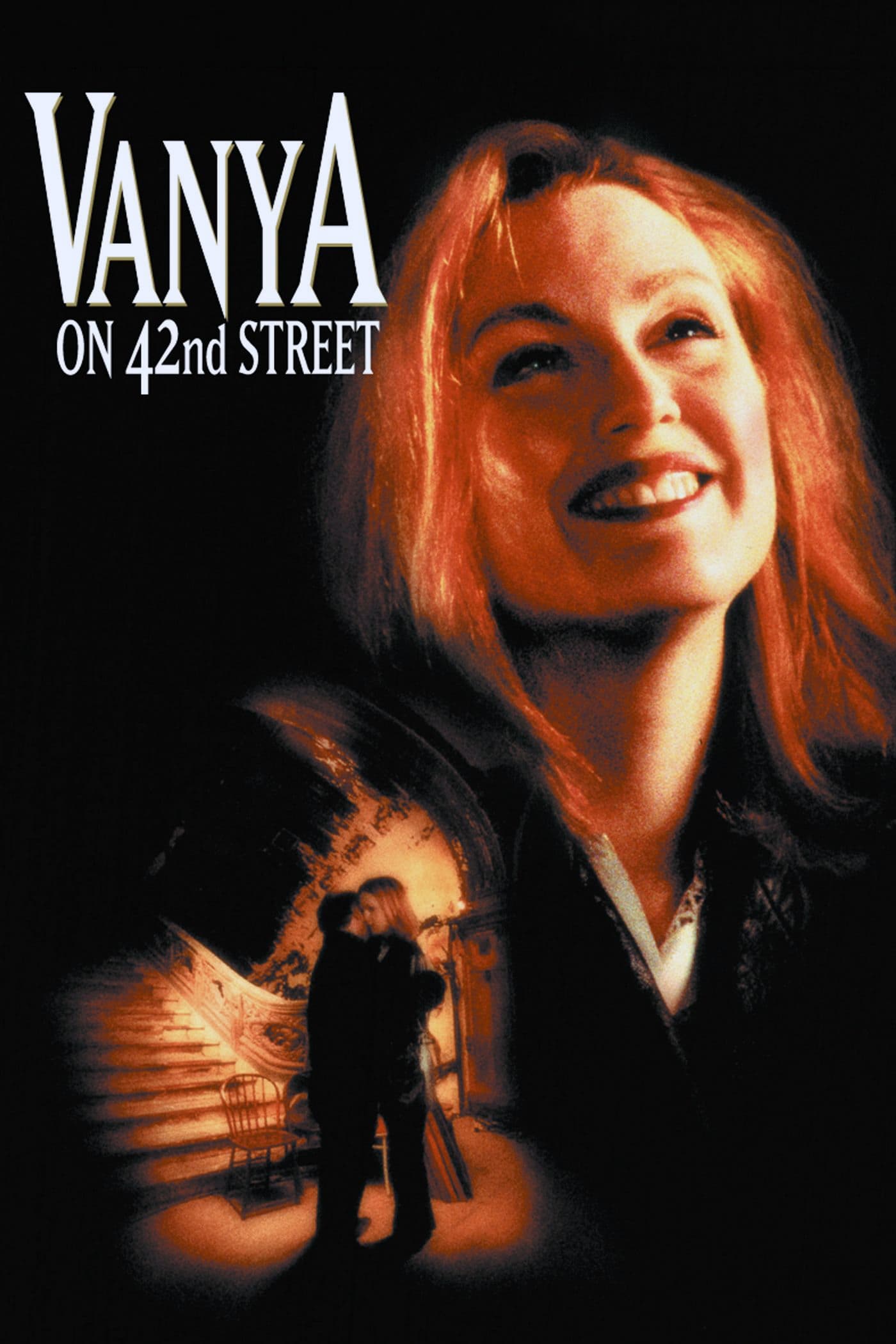
An uninterrupted rehearsal of Chekhov's 1899 play "Uncle Vanya" played out by a company of actors. The setting is their run down theater with an unusable stage and crumbling ceiling. The play is shown act by act with the briefest of breaks to move props or for refreshments. The lack of costumes, real props and scenery is soon forgotten.
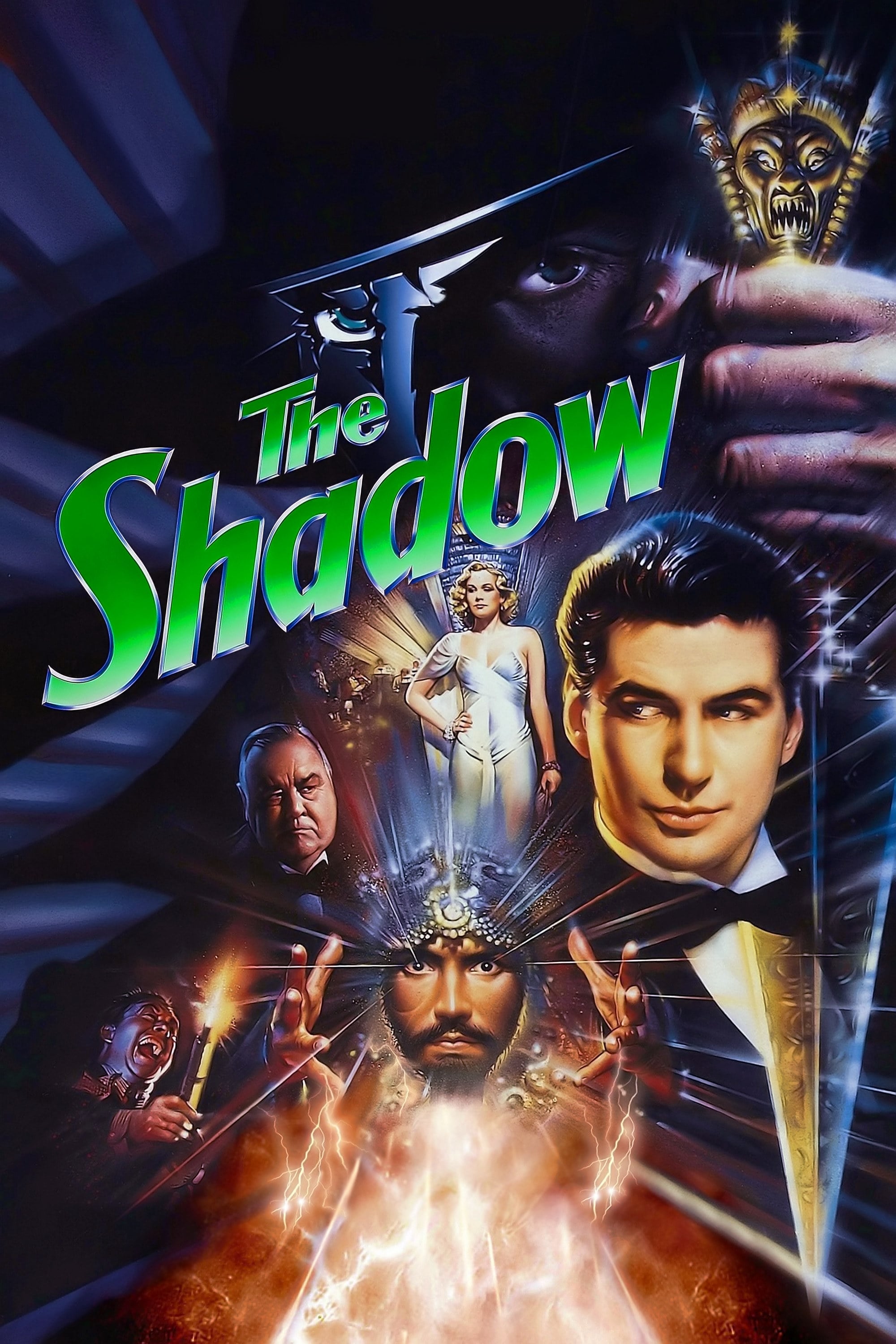
Based on the 1930s comic strip, The Shadow is put up against his archenemy Shiwan Khan, who plans to take over the world by holding a city to ransom using an atom bomb. Using his powers of invisibility and "the power to cloud men's minds", The Shadow comes blazing to the rescue with explosive results.

In 1996, brash L.A. detective John Spartan and maniac killer Simon Phoenix are both sentenced to decades in a cryogenic prison as punishment for a rescue mission gone wrong. When Phoenix escapes 36 years later to wreak havoc on the future, Spartan is awakened to capture his nemesis the old-fashioned way.
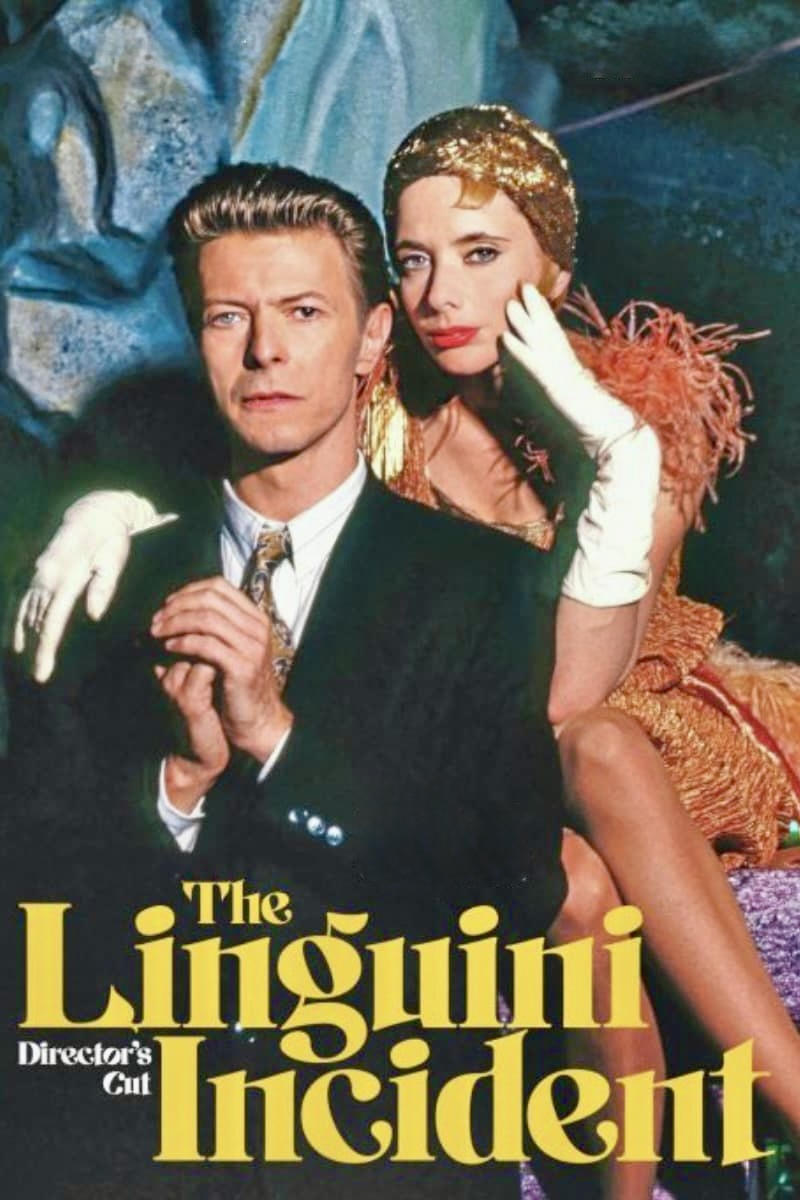
A waitress, a barman and an underwear designer try to rob the New York restaurant where two of them work.
Behind the scenes of 'The Last Temptation of the Christ'
Gregory was born in Paris, France, in 1934 to Russian Jewish parents. He studied at Harvard University, where he was affiliated with Adams House. During the 1960s and 1970s, Gregory directed a number of avant-garde productions developed through ensemble collaboration, the most famous of which was Alice in Wonderland (1970), based on Lewis Carroll's two classic Alice books. He founded his own theatrical company, The Manhattan Project, in 1968. In 1975 he directed Our Late Night, the first produced play by Wallace Shawn, which began a long working relationship between the two men. Shortly afterward, Gregory's growing misgivings about the role of theatre in modern life, and what he felt was a trend toward fascism in the United States, led him to abruptly abandon theatre and leave the country. As described in the film My Dinner with Andre (1981), he traveled to Poland at director Jerzy Grotowski's invitation, where he developed a number of experimental theatrical events for private audiences. He spent several years in a variety of esoteric spiritual communities (such as Findhorn) developing an interest and practice in what could be called New Age beliefs. Although Gregory left the theatre in 1975, he has returned several times to direct small productions, usually for invited audiences. These included a long-running workshop of Uncle Vanya (adapted by David Mamet), which was developed from 1990 to 1994 and featured Shawn and Julianne Moore. Though never publicly performed, it was released as the film Vanya on 42nd Street by Gregory and Louis Malle. He appeared as himself, directing the play featured within the film. Gregory also directed a radio production of Shawn's play, The Designated Mourner, in 2002. He has had occasional film roles as a character actor, including John the Baptist in The Last Temptation of Christ and Reverend Spellgood in The Mosquito Coast, and as Dante, a restaurateur, alongside Rosanna Arquette, David Bowie, and Buck Henry in The Linguini Incident. His best-known film performance was as the title character in My Dinner with Andre (1981), directed by Louis Malle, in which he and Wallace Shawn, playing characters based on themselves, have a long conversation over dinner. They discuss Gregory's spiritual sojourn in Europe and his doubts about the future of theatre and of Western civilization in general. He appeared with Goldie Hawn in Protocol (1984). In 1988 he played the father in Some Girls, with Jennifer Connelly and Patrick Dempsey. In 1993, he performed in the movie Demolition Man with Sylvester Stallone. Returning to theatre, Gregory directed Shawn's play Grasses of a Thousand Colors, which premiered at the Royal Court Theatre in London in May 2009. He next worked with Shawn on a new version of Ibsen's The Master Builder. This resulted in the film Fear of Falling (2013), directed by Jonathan Demme. The film was retitled A Master Builder at its opening in New York in June 2014. In 2013, he directed Grasses of a Thousand Colors and The Designated Mourner, starring Shawn in a co-production between Theatre for a New Audience and The Public Theater in New York. A 2013 documentary about Gregory's life, Andre Gregory: Before and After Dinner, was directed by his wife, Cindy Kleine. He and Kleine discussed it on the May 3, 2013, episode of Charlie Rose.
By browsing this website, you accept our cookies policy.